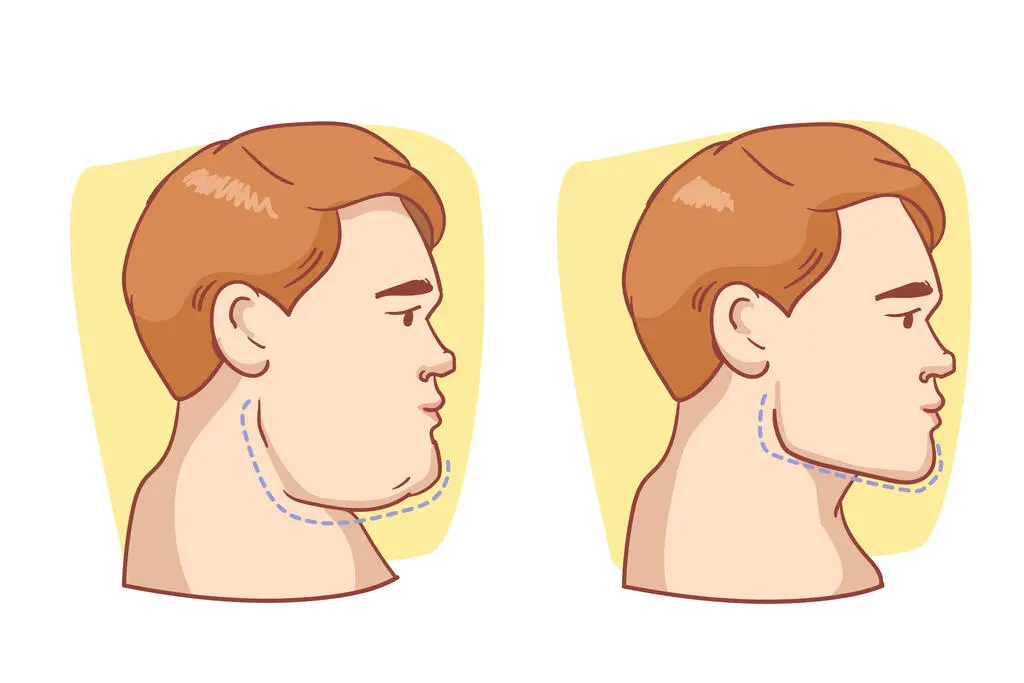Psychological trauma occurs in response to highly stressful events, such as war, natural disasters, or accidents, triggering a diverse array of physical and emotional symptoms.
While not everyone exposed to stress develops trauma, its manifestations vary widely, with some experiencing short-term symptoms and others enduring long-term effects.
Treatment offers avenues to address the root cause of trauma and adopt constructive coping strategies. Let’s explore the different types of trauma, associated symptoms, and available treatment modalities.
What is Trauma?
As per the American Psychological Association (APA), trauma refers to “an emotional response to a terrible event like an accident, rape, or natural disaster.”
However, trauma can stem from any event perceived as physically or emotionally threatening or harmful by an individual.
Following such an event, a person may experience a range of emotions, both immediately and in the long term. They might feel overwhelmed, helpless, shocked, or struggle to process their experiences. Additionally, trauma can manifest in physical symptoms.
Trauma’s impact can extend to the individual’s long-term well-being. If symptoms persist and fail to diminish in severity, it could signify the development of a mental health disorder known as post-traumatic stress disorder (PTSD).
Various types of trauma exist, including:
- Acute trauma: Occurring as a result of a single stressful or dangerous event.
- Chronic trauma: Arising from repeated and prolonged exposure to highly stressful events, such as child abuse, bullying, or domestic violence.
- Complex trauma: Resulting from exposure to multiple traumatic events.
Another form of trauma is secondary trauma, also referred to as vicarious trauma.
In this scenario, individuals develop trauma symptoms due to close contact with someone who has experienced a traumatic event.
Family members, mental health professionals, and caregivers of trauma survivors are at risk of experiencing vicarious trauma, with symptoms often resembling those of PTSD.
Symptoms:
Trauma symptoms vary widely in severity, influenced by several factors, including:
- Personal characteristics
- Coexisting mental health conditions
- Previous exposure to trauma
- Nature and circumstances of the event
- Background and emotional coping mechanisms
Emotional and Psychological Responses:
Individuals experiencing trauma may exhibit a range of emotional reactions, including:
- Denial
- Anger
- Fear
- Sadness
- Shame
- Confusion
- Anxiety
- Depression
- Numbness
- Guilt
- Hopelessness
- Irritability
- Difficulty concentrating
These emotions can manifest in emotional outbursts, difficulty managing feelings, or social withdrawal. Flashbacks and nightmares, where the traumatic event is relived mentally, are common occurrences.
Physical Responses:
In addition to emotional distress, trauma can manifest in physical symptoms such as:
- Headaches
- Digestive issues
- Fatigue
- Rapid heartbeat
- Sweating
- Hypervigilance, causing individuals to feel constantly on edge
- Feeling jumpy or easily startled
- Hyperarousal, characterized by a perpetual state of alertness, may disrupt sleep patterns.
Furthermore, individuals may develop other mental health disorders, including depression, anxiety, and substance abuse, as a result of experiencing trauma.
Frequently Asked Questions
What is trauma?
Trauma refers to the emotional and psychological response to a distressing or disturbing event that overwhelms an individual’s ability to cope.
These events can include experiences such as accidents, natural disasters, violence, abuse, or sudden loss.
Trauma can lead to a wide range of physical, emotional, and behavioral symptoms, impacting an individual’s overall well-being.
What to know about trauma levels?
Trauma levels can vary based on several factors, including the severity of the event, individual resilience, previous exposure to trauma, and available support systems.
Trauma can range from mild to severe, with individuals experiencing different degrees of emotional and psychological distress.
Understanding trauma levels helps in assessing the impact of the event on an individual’s mental and emotional health, guiding appropriate interventions and support strategies.
When to seek medical help for trauma?
It’s essential to seek medical help for trauma if symptoms persist or significantly impair daily functioning.
Seeking help from a mental health professional, such as a therapist or counselor, can provide effective treatment and support for managing trauma-related symptoms.
Additionally, if there are concerns about safety or risk of harm to oneself or others, immediate medical attention is necessary.

















